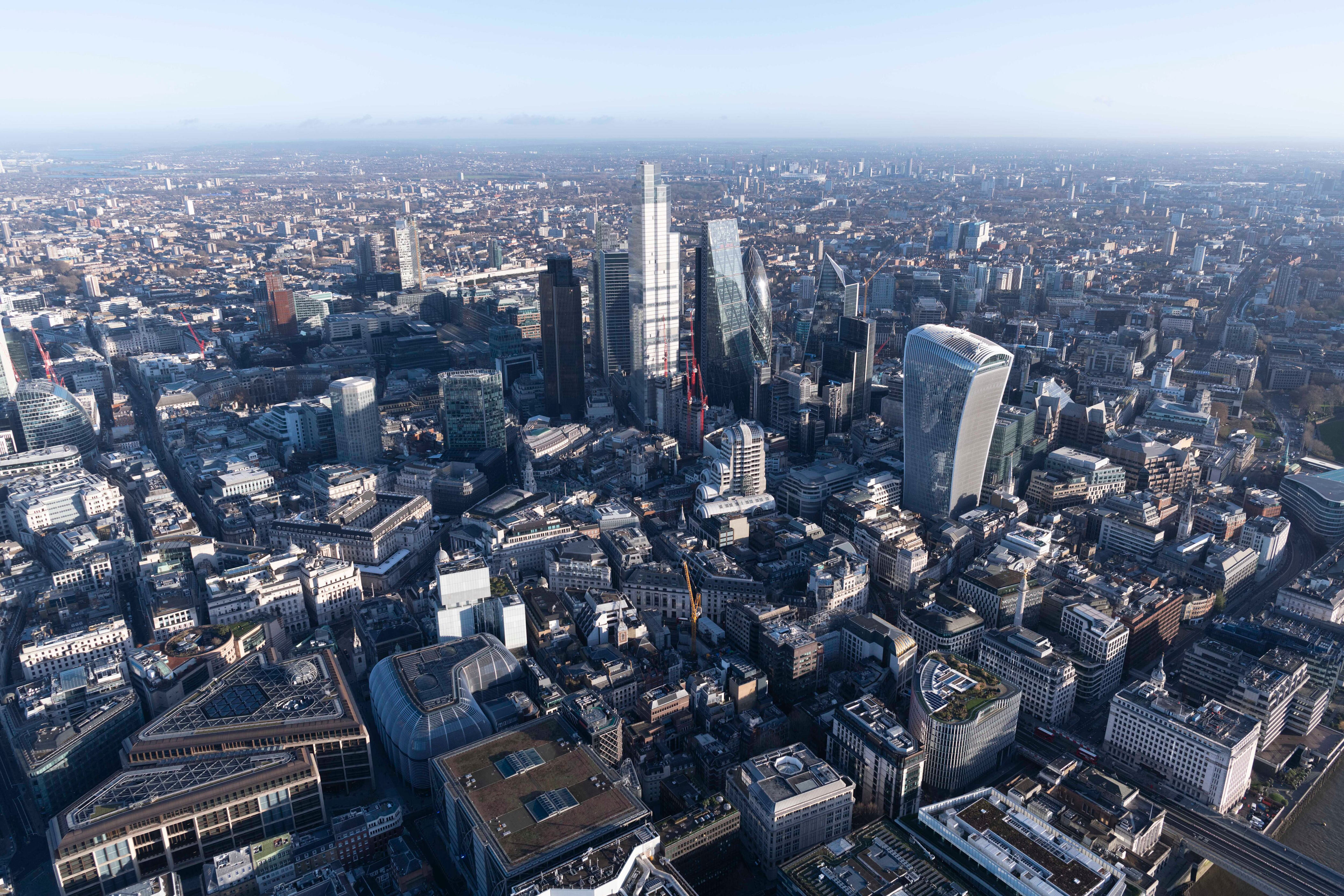
UK EMERGES FROM RECESSION AFTER 0.6% GROWTH
The UK has exited the shallow recession it fell into at the end of last year, according to the Office for National Statistics.
Following two quarters of negative growth up to the end of December 2023, the latest data shows that the British economy grew by 0.6 per cent in the first quarter of this year, beating economists' forecasts.
The services sector did the heavy lifting, growing by 0.7 per cent on the quarter with widespread growth. However, construction continued to struggle, falling by 0.9 per cent.
“There was broad-based strength across the service industries with retail, public transport and haulage, and health all performing well,” said Liz McKeown, Office for National Statistics (ONS) director of economic statistics.
“Car manufacturers also had a good quarter. These were only a little offset by another weak quarter for construction.”
On a monthly basis, the real GDP is estimated to have grown by 0.4 per cent in March, following a growth figure of 0.2 per cent in February and 0.3 per cent in January.
UK Chancellor Jeremy Hunt said the latest figures were “proof that the economy is returning to full health for the first time since the pandemic”.
“We're growing this year and have the best outlook among European G7 countries over the next six years, with wages growing faster than inflation, energy prices falling and tax cuts worth £900 to the average worker hitting bank accounts,” he added.
In response, Labour's shadow chancellor, Rachel Reeves, said: “This is no time for Conservative ministers to be doing a victory lap and telling the British people that they have never had it so good.
“The economy is still £300 smaller per person than when Rishi Sunak became prime minister.”
All in the timing
The stronger-than-expected GDP figures can be viewed as a double-edged sword, because the better the economy is performing, the less pressure there is on the Bank of England to cut interest rates and spark growth.
“All the early indicators suggest that GDP growth rose robustly in April as well,” said Ruth Gregory, deputy chief UK economist at Capital Economics.
“At the margin, this may mean the Bank of England doesn’t need to rush to cut interest rates. But the timing of the first interest rate cut will ultimately be determined by the next inflation and labour market releases.”
Although the Bank of England kept interest rates at a 16-year high of 5.25 per cent on Thursday, the bank's governor, Andrew Bailey, indicated that a rate cut may be on the cards in June, were inflation to continue its current downward trend.
“This could deliver a further boost to the economy because households will potentially have more spare cash in their wallets, though there are never any guarantees with the global challenges of the past few years highlighting how quickly the outlook can change,” said Alice Haine, personal finance analyst at Bestinvest by Evelyn Partners.
“For now, households should strive to remain conservative when it comes to managing their money by reining in expenditure, clearing expensive debts where possible and building up robust savings and investments to ensure their finances can absorb any further financial shocks.”
'More determined action'
While business groups welcomed the more positive economic data, they were quick to point out that the sustainability of the recovery needs proper government support.
“A consumer-led recovery could prove short-lived without more determined action to tackle the long-standing problem of weak productivity growth, which ultimately sets the UK’s economic speed limit,” said Ben Jones, lead economist at the Confederation of British Industry (CBI).
“Firms want to see action that could help support investment and cut costs, which includes extending full expensing to leased and rented assets, and a business tax road map to give firms the certainty and confidence they need to plan ahead and invest in a vibrant UK economy.”
Dr Roger Barker, director of policy at the Institute of Directors, said that comments claiming the UK economy had turned a corner were “premature”.
“Although there are welcome signs of green shoots, any recovery is still at an early stage and it is likely to be fragile. As a result, there is still a compelling case for the Bank of England to cut interest rates at its next meeting on June 20,” he added.
2024-05-10T06:44:57Z dg43tfdfdgfd